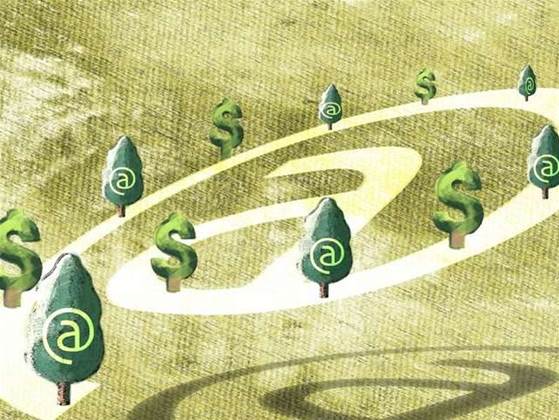
"Greenpeace aims to show which companies are serious about becoming environmental leaders," said Greenpeace international toxics campaigner Iza Kruszewska.
"Electronics giants pay attention to environmental performance on certain issues, while ignoring others that are just as important."
Nokia would have taken the top spot in the rankings, but the phone vendor was docked a point after Greenpeace re-examined its take-back practices in India.
Bringing up the rear in the rankings was gaming icon Nintendo. The company scored 0.8 on the ten point scale. Greenpeace blasted Nintendo for its lack of a recycling program and little information on its renewable energy policies.
Apple, long a favorite target for Greenpeace, placed eleventh in the 18-company list. The company was praised for its elimination of hazardous materials and the energy-efficiency of its products, but was penalized for a recycling program that has limited international reach, according to Greenpeace.
Microsoft placed 17th on the list, particularly for its weak policies on recycling, its energy efficiency and carbon reduction policies.
Other notable names on the list included Dell and Toshiba, which ranked fifth and sixth. Both companies praised for their chemical policies, but criticized for their recycling programs.
HP ranked tenth, while Lenovo finished thirteenth on the list, just ahead of Philips and Fujitsu Siemens.
The study periodically ranks electronics vendors on their environmental policies. Firms are graded on such things as reduction of hazardous materials, product recycling programs and energy efficiency within the manufacturing process.

_(20).jpg&h=140&w=231&c=1&s=0)
_(33).jpg&h=140&w=231&c=1&s=0)
_(28).jpg&h=140&w=231&c=1&s=0)






 iTnews Benchmark Awards 2026
iTnews Benchmark Awards 2026
 iTnews Executive Retreat - Security Leaders Edition
iTnews Executive Retreat - Security Leaders Edition
 iTnews Cloud Covered Breakfast Summit
iTnews Cloud Covered Breakfast Summit
 The 2026 iAwards
The 2026 iAwards












_(1).jpg&h=140&w=231&c=1&s=0)



